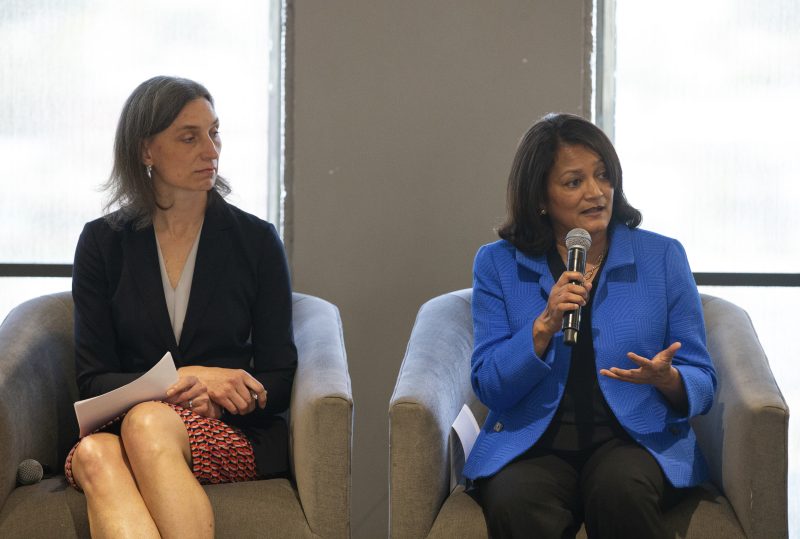Progressive Democrats: Activism vs. Election Wins
The intersection of progressive activism and electoral success has long been a topic of interest in American politics. With the rise of progressive movements in recent years, particularly within the Democratic Party, the question of whether activism can effectively translate into election wins has become increasingly relevant. While many progressives champion grassroots activism as a powerful force for change, there are certain challenges and limitations that must be considered when aiming to secure electoral victories.
One of the key arguments made by proponents of progressive activism is that grassroots movements have the potential to mobilize voters and shift the political landscape towards more progressive policies and candidates. By organizing at the local level, activists can build community support and push for issue-based campaigns that resonate with a broader audience. This bottom-up approach has been successful in raising awareness about critical social justice issues, such as racial inequality, environmental justice, and economic inequality.
However, the challenge arises when it comes to translating this activism into electoral wins. While grassroots movements may energize a base of dedicated supporters, they often struggle to appeal to a broader electorate. Campaigning on a platform of bold progressive policies, such as Medicare for All or the Green New Deal, can alienate moderate and independent voters who may not fully align with such sweeping changes. In a political landscape that is deeply polarized, winning over swing voters and building a coalition across ideological lines is essential for securing electoral success.
Furthermore, the infrastructure and resources required to run a successful political campaign present significant obstacles for grassroots activists. Traditional party structures, fundraising networks, and media outreach play a crucial role in shaping electoral outcomes. Progressive candidates who lack the support of established party apparatuses and donor networks may find themselves at a disadvantage when competing in high-stakes elections. Building a robust campaign infrastructure and cultivating relationships with key stakeholders are critical steps towards achieving electoral wins.
Another important consideration is the role of political pragmatism in ensuring progressive activism translates into tangible policy changes. While idealism and passion drive many activists to push for bold reforms, the political reality often requires compromise and incremental progress. Successful politicians understand the need to balance principles with strategic decision-making in order to advance their policy agenda effectively. Working within the confines of the existing political system, rather than solely opposing it, can lead to more sustainable and lasting change.
In conclusion, the relationship between progressive activism and electoral success is complex and multifaceted. While grassroots movements have the power to drive social change and raise awareness about critical issues, the path to securing electoral wins requires a nuanced approach. Building broad-based coalitions, developing strong campaign infrastructure, and embracing political pragmatism are key strategies for progressive activists seeking to translate their activism into meaningful electoral victories. By understanding the challenges and opportunities inherent in this process, progressives can more effectively navigate the intersection of activism and electoral politics in pursuit of a more just and equitable society.

